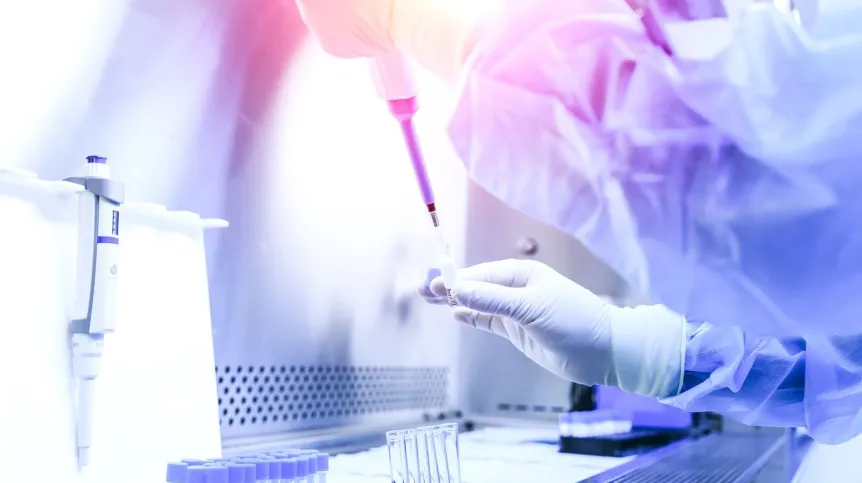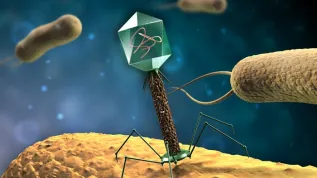
Breakthrough protein sequencing methods will open up new avenues for cell research and help fight diseases, including cancer, write the authors of a new study published in Nature Methods.
Dr. Javier Alfaro from the International Cancer Vaccine Research Center in Gdańsk initiated the study summarizing the currently developed technologies expected to enable the sequencing of single protein molecules.
The scientists explain that such technologies are intended to enable the determination of the protein composition (proteome) of individual cells. This is a revolutionary approach that will help check what is happening in selected cells.
As a result, it will be possible to study the development of an embryo, or find out exactly how various tumour cells react. Routine diagnostic and screening tests based on protein analysis are to become possible.
Based on approx. 20,000 genes, millions of variants of protein molecules are created in a single human cell.
It is already possible to study the sequences of DNA in single cells, as well as the sequences of DNA that transfer information from the constructed proteins to the cellular RNA machinery.
However, when it comes to proteins, the methods used so far have not been sensitive enough to analyse individual molecules, and unlike DNA and RNA, proteins cannot be multiplied for testing.
According to the researchers, protein research requires a similar revolution to the one that has taken place in DNA sequencing in recent decades.
Co-author of the publication, Dr. Adam Pomorski from the University of Wrocław, said: “New technologies require the development of new chemical and biological labelling methods that will allow us to use fluorescence to detect not only specific amino acids in proteins, but also their modifications.”
Such methods are already being developed and industry representatives have already invested in some of them.
Specialists in various fields, including biophysicists, technologists, clinicians and bioinformatics experts, participated in the preparation of the report.
The publication co-authors also include employees of the International Centre for Cancer Vaccine Science at the University of Gdańsk: Dr. Umesh Kalathiya, Georges Bedran and Professor David Goodlett.
Find out more:
https://ug.edu.pl/news/en/1401/scientists-iccvs-publish-nature-methods
https://www.nature.com/articles/s41592-021-01143-1 (PAP)
mat/ agt/ kap/
tr. RL













